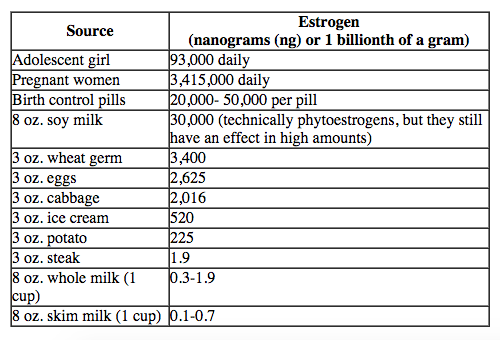Here's Kris with our 116th heifer calf this season. About halfway done, now. The calving has been going pretty well.

I got to see this calf being born. It's not always a sure thing, because the cows don't like to be watched, and sometimes when I'm hovering nearby with a camera, it makes them nervous and they walk away and stop pushing. Then I feel like I'm making the entire birth process more difficult ... and take longer ... and possibly harm the calf ... you get the idea.

I never get tired of seeing this. This is my backyard!

I spoke at an event put on by Ionia County Farm Bureau. They hosted a tour that took consumers to see a dairy, a beef farm, an ethanol plant, and to lunch at Denny Farms Farm Market & Bakery, where I spoke to them about food safety. Kudos to the organizers for their educational efforts and the people who want to learn!

I finally flew with my dad. He got his pilot's license eight years ago. It gave me a great view of the farm! The circles are the path of the irrigation wheels, and you can see exactly where the water stops.

We chopped some of the corn, but not all, because the rest of it was much wetter. (We farm on different types of soil, and one of our fields is irrigated - the one above.) The boys love, love, love to ride with Kris. They take turns, because Kris can only fit one of them in there with him now! We used to squeeze in more when they weren't so huge!

Speaking of huge, isn't corn an amazing plant?! As I read somewhere, people don't write country songs about soybeans.

And speaking of irrigation ... we had a floorless tent up in our yard for an event for 22 hours. During that time it rained about 1/2 inch. Imagine the state of our crops if we didn't get that rain. None of it drained over to under the tent?! Incredible. Thank goodness we got that tiny shower when we did - it really made a difference.

This is an insurance row. The insurance adjuster can't always get to the field before we do it, so we leave these rows so they can come and test it. We come back later to chop it.

My mom has been doing calf chores in the mornings! Why? Because she's great and we didn't have anyone to do them. What a gem!

As part of Team Chocolate Milk, I ran the Capital City Half Marathon in Lansing! It was such a blast. We all chugged some chocolate milk afterward. We took a regular picture just holding our milk, and my dad said, "Why aren't you drinking it? I want a picture of that!" I like how, just by chance, we all have our eyes closed. Bright ... and bliss!

It's been a hectic summer, and we're looking forward to a slower fall. Cheers!
Want to know more about the farm? Like the page on Facebook, on Twitter @carlashelley, or sign up to get the blog by email - the form is on the right side of the page.

